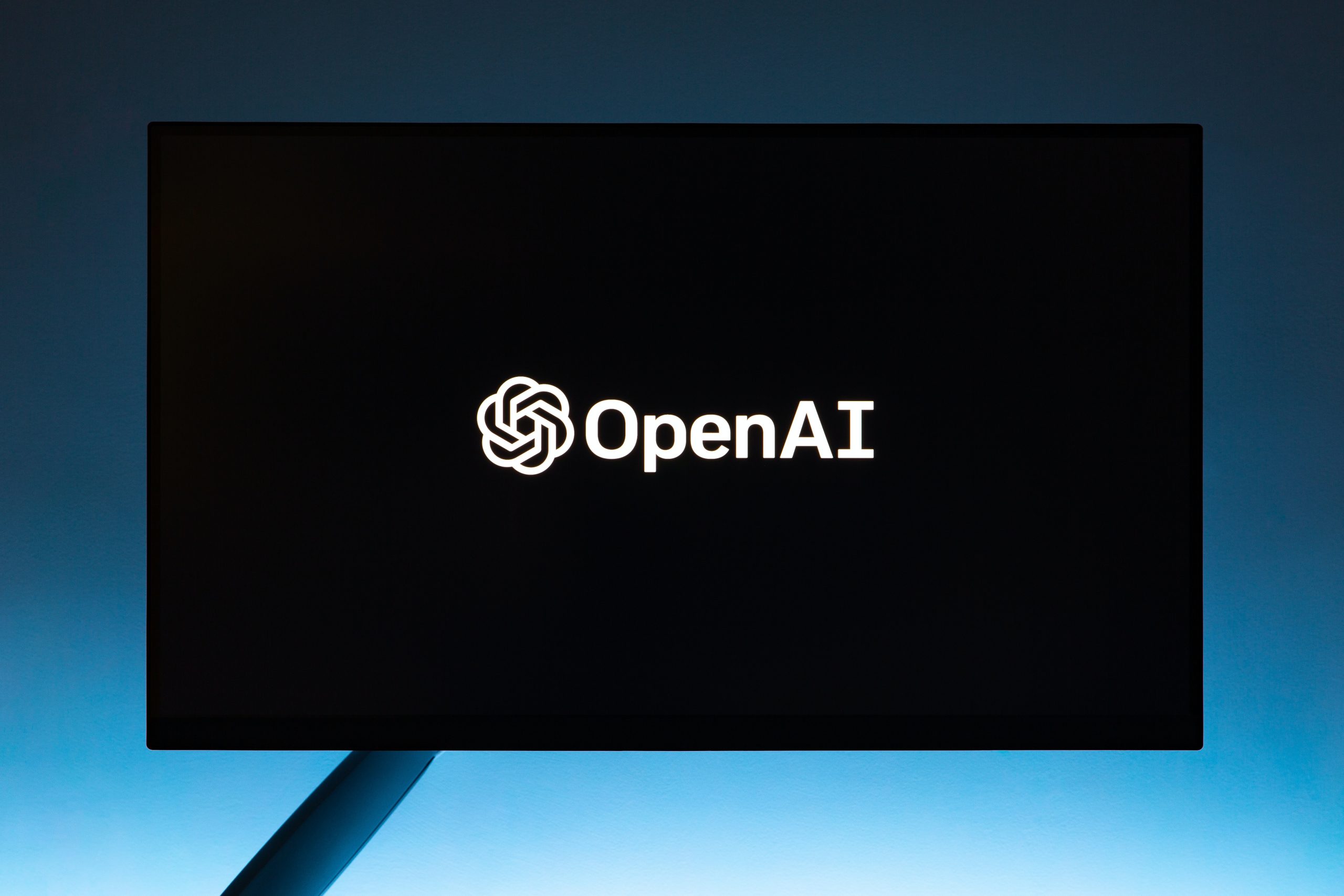What You Should Know about OpenAI, the Creator of ChatGPT
Title: The Rise and Impact of OpenAI: Unleashing the Power of Artificial Intelligence
In the realm of technological advancements, Artificial Intelligence (AI) has emerged as a profound game-changer. A perfect embodiment of this shift is OpenAI. Founded in 2015 by Elon Musk, Sam Altman, Greg Brockman, and Ilya Sutskever, OpenAI has quickly evolved into a pivotal player in the AI ecosystem. From creating human-like text generators to collaborating with Microsoft, OpenAI’s journey illustrates the monumental strides AI is making and its potential to transform various aspects of our lives.
What is OpenAI?
OpenAI is an AI research laboratory renowned for its commitment to developing safe and beneficial artificial general intelligence (AGI). This form of AI mimics human cognitive abilities, enabling it to learn from experience and solve complex tasks. Initially a non-profit, OpenAI transitioned to a “capped-profit” model in 2019 to facilitate sustainable growth while maintaining its primary mission of ensuring AGI’s broad benefits.
The Evolution of OpenAI
The OpenAI journey has been marked by incredible milestones. In 2015, the organization released its first AI model, OpenAI Gym. By 2018, OpenAI Five managed to beat human opponents in the popular game ‘Dota 2’. But the real breakthrough came in 2019 with the advent of GPT-2, a language model that can generate human-like text.
In 2021, the organization unleashed DALL-E, an AI capable of creating photorealistic images from thin air. Subsequently, OpenAI upped the ante with GPT-3 and later, GPT-4, significantly enhancing its language models’ comprehension and generating capabilities.
Simultaneously, OpenAI launched ChatGPT, a powerful language model chatbot that can understand and adjust responses based on conversation history. These advancements, coupled with a strong collaboration with Microsoft, testify to OpenAI’s unyielding pursuit of AI excellence.
The Impact and Potential of OpenAI
OpenAI’s innovations herald a revolutionary era in human-technology interaction. AI tools like ChatGPT can transcend industry boundaries, influencing sectors like healthcare, education, marketing, financial services, and customer care. These systems are already enhancing processes like reviewing medical scans, overseeing public transportation, and optimizing crop yields.
The collaboration with Microsoft is a prime example of OpenAI’s disruptive potential. Integrating ChatGPT into Microsoft Edge and Bing search engine could revolutionize search capabilities, offering more complete answers and a new chat experience.
OpenAI’s Challenges and The Path Ahead
Despite these advancements, the journey towards fully leveraging AGI is fraught with challenges. OpenAI has the task of ensuring its AI systems are safe, reliable, and ethically compliant. They must not be susceptible to misuse or biased towards certain groups.
Moreover, as AI becomes more integrated into our lives, questions surrounding data privacy and responsible AI development continue to emerge. A key issue emerged with the release of DALL-E 2 when artists noted resemblances between their artwork and the images generated by DALL-E 2.
The path ahead for OpenAI also involves balancing its mission with financial stability. Rumors of a potential $10 billion investment from Microsoft highlight the increasing role of commercial interests in the AI space.
Conclusion
OpenAI stands at the forefront of a technological future where AI becomes a daily constant. Their advancements are not only revolutionizing technology interaction but also spurring dialogues around ethical and responsible AI development. As OpenAI continues its mission of ensuring AGI’s benefits for all, we must brace ourselves for a world where AI will not only coexist but also actively shape our lives.
Whether we’re ready or not, OpenAI’s journey has made it abundantly clear – the era of AI is here, and it’s here to stay.

